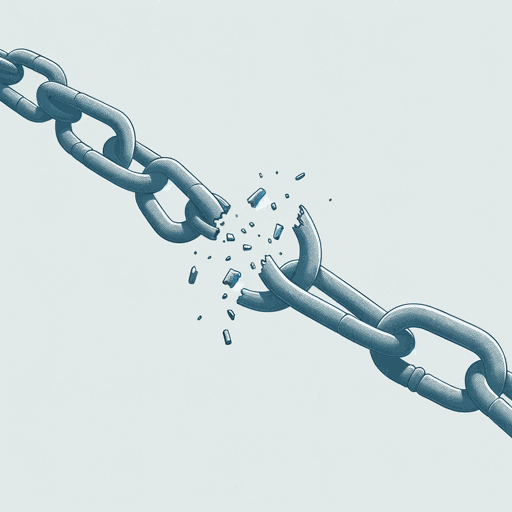43 pages • 1 hour read
Charles B. DewApostles of Disunion: Southern Secession Commissioners and the Causes of the Civil War
Nonfiction | Book | Adult | Published in 2001A modern alternative to SparkNotes and CliffsNotes, SuperSummary offers high-quality Study Guides with detailed chapter summaries and analysis of major themes, characters, and more.
Important Quotes
“I vividly recall the first time I encountered the secession commissioners’ words. […] There, in this December 1860 document, were the same sentiments, the same views, indeed even some of the same ugly words, that I had heard used to justify racial segregation during my own youth. Could secession and racism be so intimately connected, I asked myself? I knew, of course, that the institution of slavery was on the line in 1860-61, but did white supremacy also form a critical element in the secessionist cause, a cause my ancestors fought for and that my relatives revered?”
(Introduction, Pages 2-3)
Dew’s personal confrontation as a young historian with Southern legacies of white supremacy and racism motivated him to write Apostles of Disunion. Here he describes his first moment of questioning the righteous, revisionist narratives of secession taught to him in his youth. He emphasizes the revelatory nature of the documents that make up the core of the book, while providing a relatable point of entry to readers who may have had a similar relationship to idealized Confederate mythology.
“I have no quarrel with any of these [Civil War] historians, and I have learned a great deal from their work. But I am convinced that the speeches and letters of the Southern commissioners of 1860-61 also reveal a great deal about secession and the coming of the Civil War. I believe deeply that the story these documents tell is one that all of us, northerners and southerners, black and white, need to confront as we try to understand our past and move toward a future in which a fuller commitment to decency and racial justice will be part of our shared experience.”
(Introduction, Page 3)
Dew articulates the position of his study within the larger field of Civil War historical scholarship and explicitly states his goal for this work. While many historians have surveyed sociopolitical factors that led to secession, Dew believes the words of the secession commissioners reveal that the institution of slavery was a crucial and immediate cause. He offers Apostles of Disunion as a necessary addition to the current body of Civil War scholarship, and as a call to action for Americans to begin a fuller reckoning with their country’s legacy of racism.
“In January 2000 demonstrators both for and against flying the flag descended on Columbia. […] The smaller numbers favoring the flag, many of whom were clad in Confederate uniforms, defended the ‘Stars and Bars’ as ‘a symbol of Southern heritage’ and ‘a reminder of their ancestors’ courage in battling to secede from the Union.’ Many of the antiflag demonstrators carried placards reading ‘Your Heritage Is My Slavery,’ and speaker after speaker denounced the flag as ‘a symbol of slavery and hatred.’ The National Association for the Advancement of Colored People had earlier called for an economic boycott of South Carolina until the flag was removed from its place of honor above the Capitol dome. […] If things keep going the way they have in recent years, acrimonious historical debate may soon rival kudzu for prominence on the southern landscape.”
(Chapter 1, Pages 7-8)
To prove the relevance of his topic to the present day, Dew shows that the cultural significance of the Confederacy is still contested. This example demonstrates the persistent effort required by activists and advocacy groups to assert the connection between Confederate symbols and pro-slavery beliefs.

